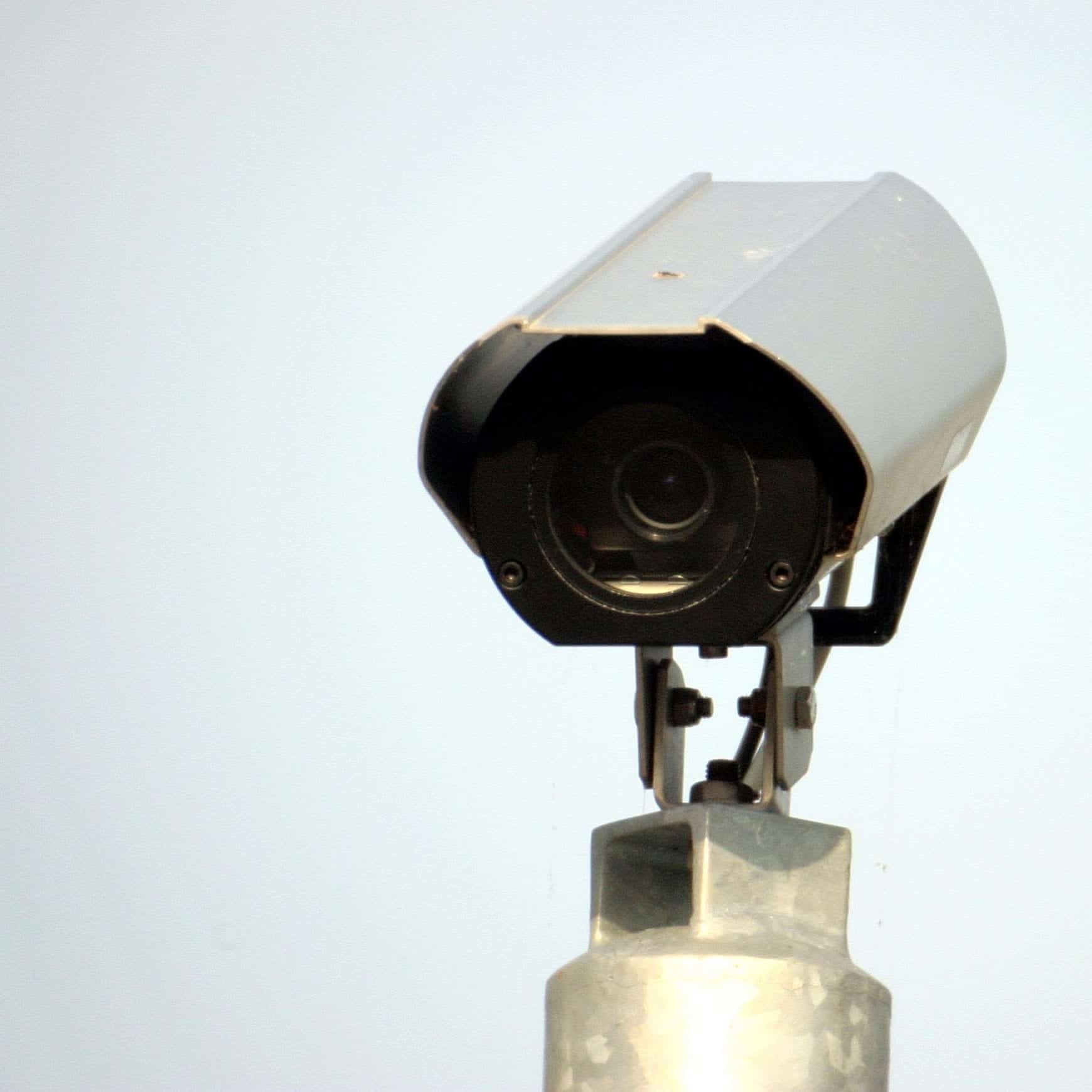
Will other provinces follow suit in axing drug prosecution and saving potential lives?
Drug possession will no longer be legally prosecuted in some parts of the country. At the start of 2023, drug possession below 2.5 grams is no longer prosecuted in British Columbia. This begs the question, could Saskatchewan follow suit?
Taking effect in January 2023, BC received a three-year exemption to the section of the Controlled Drugs and Substances Act (CDSA) involving minor drug possession for opioids, cocaine, methamphetamine, and MDMA. The exemption was the result of coordination between the federal government, the provincial government, and a number of other partners.
While commonly used interchangeably, there is important distinction between legalization, decriminalization, and an exemption. Legalization involves government regulation of an industry, such as what happened with marijuana in 2018. Decriminalization means that the government removes laws prohibiting the activity. An exemption, which is what has happened in BC, is a temporary suspension of the laws, meaning that minor possession offenses could be illegal again in 2026 if the exemption is not renewed.
The Canadian Mental Health Association (CMHA), one of the largest and oldest mental health organizations in Canada, has openly supported the exemption.
Rebecca Rocco, the director of advocacy, research, and public policy development for the CMHA in Saskatchewan, explained “addictions and mental issues are like best friends.” Dave Nelson, a senior consultant with CMHA Saskatchewan, added that mental health and addictions need to be treated “holistically.”
While other provinces have not yet looked for an exemption, there has been broad support for drug decriminalization from institutions across the country. Members of parliament for the Conservative party called the act symbolic, but did not criticize the broader idea of decriminalization, and federal NDP leader Jagmeet Singh has called to make decriminalization a nation-wide policy.
The Canadian Association of Chiefs of Police released a statement in 2020 officially recognizing “substance use disorder as a public health issue” and stating that the evidence suggests “decriminalization for simple possession as an effective way to reduce the public health and public safety harms.”
The BC Civil Liberties Association, a civil rights advocacy group, responded to the CDSA exemption by calling for a further “full repeal of federal legislation criminalizing simple possession and necessity trafficking.” The BC Civil Liberties Association says that criminalization increases the harm of drug use by creating a stigma which forces people to use alone, use a toxic drug supply, and avoid seeking help.
In addition, while drug possession is criminalized, people with addictions or mental health issues sometimes end up in correctional facilities, which Rebecca Rocco says is “not an appropriate place for treatment.”
Amid the recent exemption for BC, the Saskatchewan Ministry of Health has stated there are “no plans to decriminalize drug possession.” The Ministry of Health instead stated that the province has invested in treatment capacity and addictions services.
However, criminalization of drug possession means that people “may feel unsafe seeking life-saving interventions and treatment services,” according to a press release by the CMHA.
Rocco thinks that realizing decriminalization in Saskatchewan requires a “transformation” in people’s view of addictions from a “morally corrupt thing and turning that into viewing it as an illness.”
Despite the provincial and federal government not expanding the exemption to Saskatchewan, municipalities also have the capability to act. Regina Police Chief Evan Brey told CBC reporters in June 2022 “Right now, we’re not charging, but we don’t really have some great off-ramps in terms of diversion.”
Referring to the pairing of decriminalization and addictions treatment, Nelson said that we “need both.”
When asked about what message she would like to leave with readers, Rocco said that if people have “someone around them who seems to be struggling either with mental issues or addictions issues that although it’s sometimes hard to find help, it is well worth their time.”










